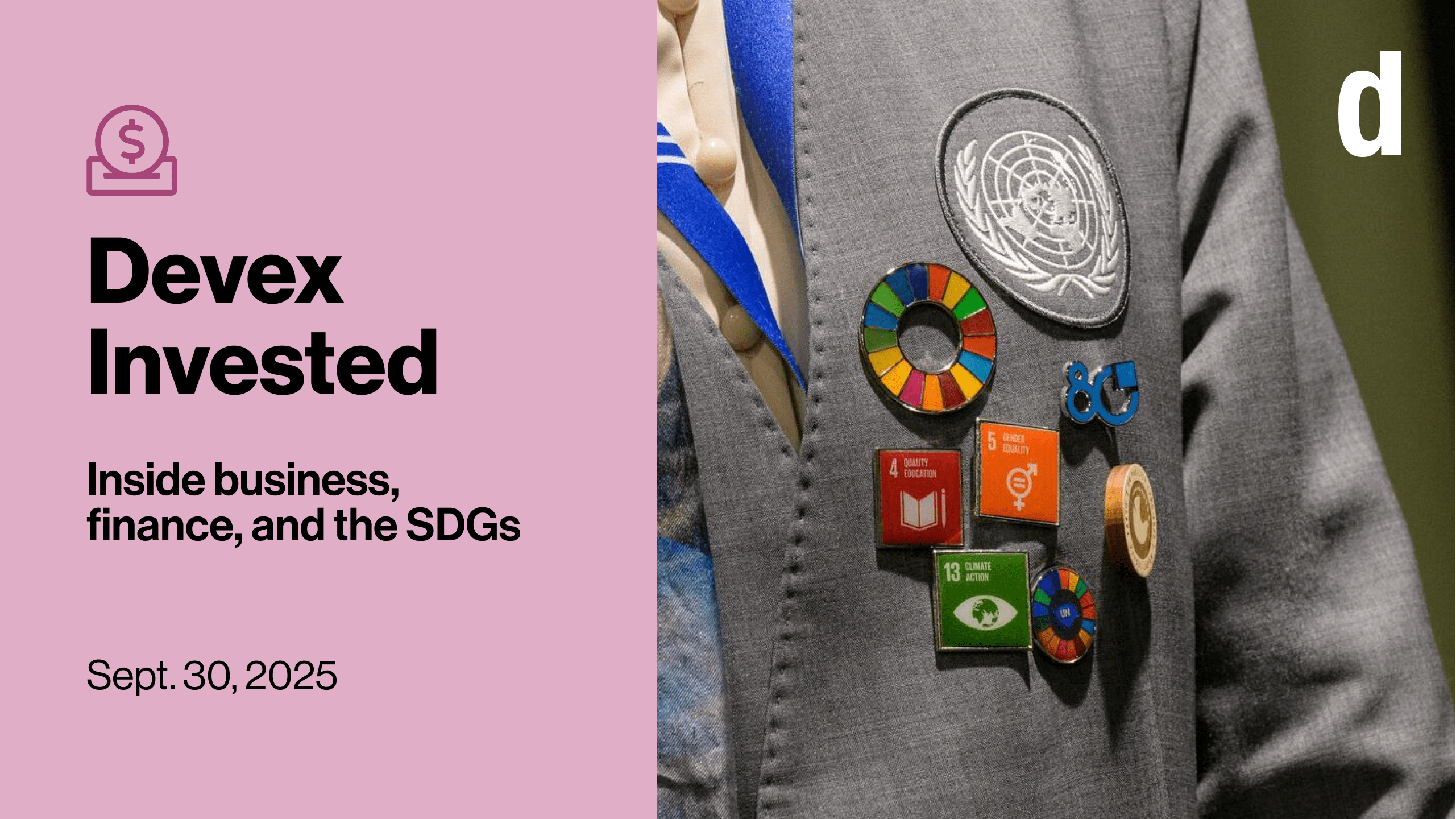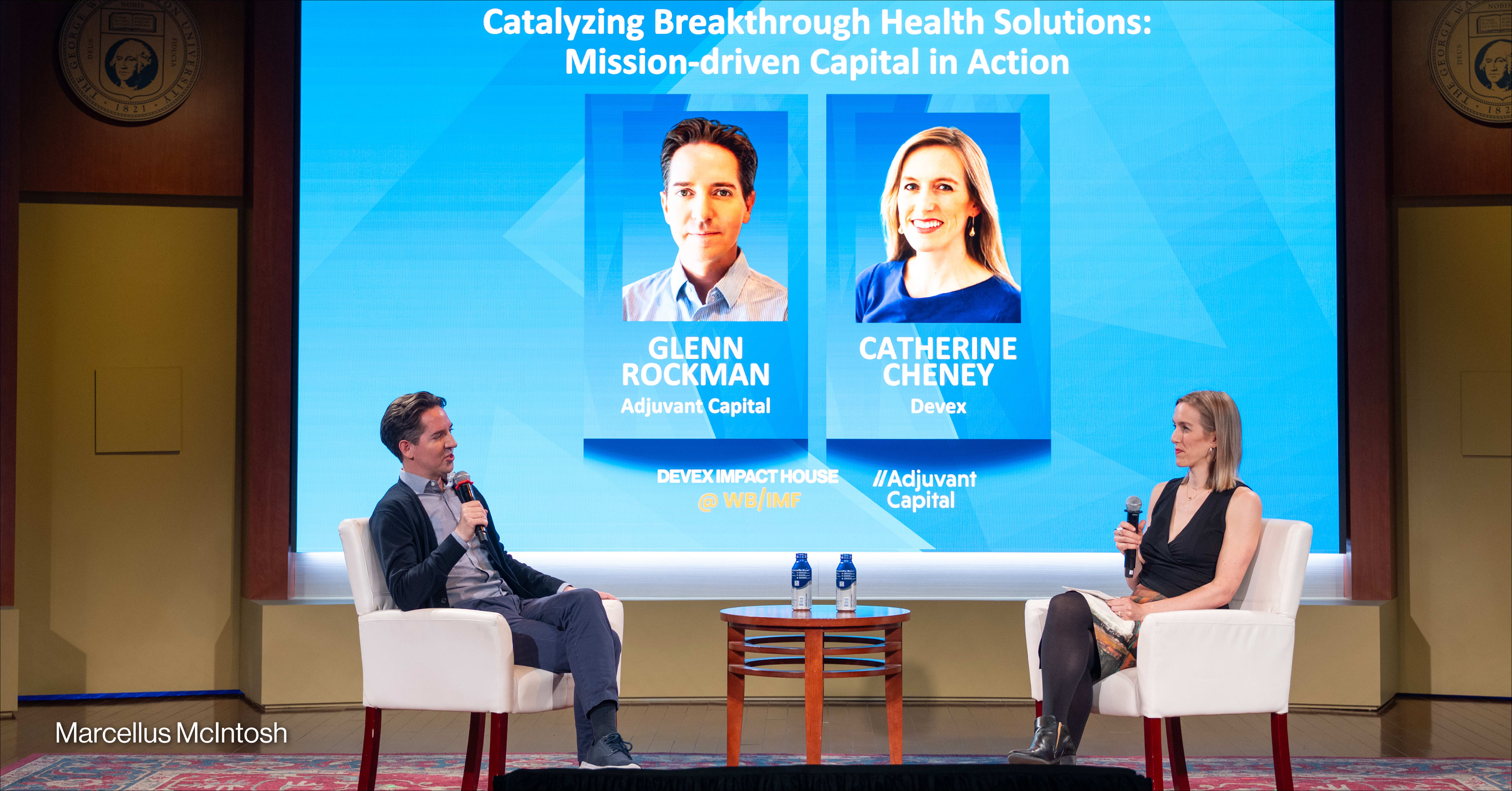
The world will need to invest $4.2 trillion annually in infrastructure over the next decade — with the bulk of this need concentrated in emerging markets. Under Canada’s Group of Seven presidency, FinDev Canada has played a central role in establishing the just-launched G7 Infrastructure Investment Council, a new platform to bring key development finance institutions, or DFIs, institutional investors, and the Group of Seven advanced economies together in ways they have not engaged before.
“This is the first time bilateral DFIs and institutional investors are coming together with the G7 to leverage our skills, resources, and capabilities,” said Lori Kerr, CEO of FinDev Canada.
The new initiative aims to help mobilize private capital for sustainable infrastructure projects in emerging and developing economies. Operating through two complementary tracks — design and deployment, and market engagement and knowledge exchange — the council provides a space for DFIs and investors to explore investment approaches and create opportunities that support long-term prosperity.
On the sidelines of the World Bank and International Monetary Fund annual meetings, Devex and FinDev Canada convened council members in a panel to mark the council’s launch, discuss how to unlock greater private capital for infrastructure, and advance forward-looking actions.
Bringing key stakeholders together
Kerr emphasized that addressing the global infrastructure gap requires all players working together. “It’s not an either-or — it’s all solutions on the table, all hands on the table, all people around the table,” she emphasized. “So it's not competition between the multilaterals and the bilaterals. It's really multilaterals and bilaterals.”
Bilateral DFIs, she added, remain underleveraged but are uniquely positioned to complement larger institutions through their flexibility and ability to engage private investors directly. The council, therefore, represents an opportunity to demonstrate how DFIs can bridge public and private priorities to mobilize much greater volumes of finance.
Leslie Maasdorp, CEO of British International Investment — one of the DFI council members — described the council as a natural next step in making development finance more cohesive. “We've been too fragmented in the past,” he recognized. “We recognize now we can be so much more impactful if we work in this more systemic way.”
He also noted that harmonizing policies and due diligence processes across DFIs will reduce duplications and lower transaction costs for investees.
If multiple DFIs invest in a company, “we should not be expecting the investees [in] a company to have different reporting standards,” he explained. New ‘friendship facility’ agreements — such as those being formalized between BII and other DFIs — are designed to formalize this mutual trust.
De-risking and scaling opportunity
Hector E. Morales of Macquarie Capital — one of the council’s private sector members — highlighted the practical tools that can attract commercial investors to emerging markets. One such tool which could “be used to draw in those conventional — or more conventional — investors”, is ‘first loss protection,’ a risk-sharing method that mitigates real and perceived risks (such as new technologies) by having a portion of capital absorb initial losses, giving other investors confidence to participate while preserving overall project returns.
Morales also underscored the need to ensure investments benefit local communities, particularly in smaller or more vulnerable economies where infrastructure gaps remain severe.
A framework for long-term impact
The council will meet quarterly to review progress and identify opportunities to mobilize private capital at scale.
Kerr said success in a year’s time would mean establishing a structured dialogue between investors and the G7, deepening collaboration among DFIs and institutional investors, and co-creating investment strategies and vehicles that enable investors to scale their impact in developing economies.
For Maasdorp, accountability will come through the G7’s rotating presidency, which ensures continuity across countries and reinforces commitments to mobilizing private capital and addressing infrastructure gaps.
As global leaders seek new ways to finance sustainable growth, the launch of the G7 Infrastructure Investment Council signals a tangible step toward turning ambition into action — aligning capital, collaboration, and climate-resilient infrastructure to invest in tomorrow.
Morales emphasized that, beyond financial mechanisms, true success depends on community buy-in: “If an investment is good for the investor, that’s one thing ... But it has to resonate with the communities who we’re investing in.”
Watch Investing in Tomorrow: Launching the G7 Infrastructure Investment Council on YouTube.








